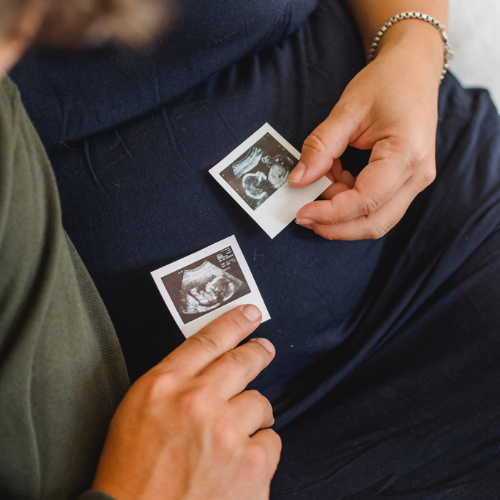In recent years, in vitro fertilization (IVF) has offered hope https://mfcfamily.com/ to millions of people struggling with infertility. While the primary goal of IVF is to help individuals and couples conceive a healthy baby, many are curious—or even concerned—about the chances of having twins or multiples during the process.
So, how likely is it to have twins with IVF?
Why IVF Increases the Chance of Twins
In natural conception, the odds of having twins are relatively low—about 1 in 80 pregnancies result in spontaneous twins. But with IVF, the chances are significantly higher, primarily due to embryo transfer practices.
Here’s why:
- Multiple Embryo Transfers: In earlier years of IVF, fertility clinics often transferred two or more embryos to increase the chances of pregnancy. This practice increased the risk of twins or even triplets.
- Fertility Medications: Hormonal medications used to stimulate egg production can also increase the chances of releasing or fertilizing multiple eggs.
What Are the Actual Numbers?
The likelihood of twins with IVF depends on several factors, including how many embryos are transferred, the age of the patient, and clinic protocols. On average:
- The rate of twin pregnancies with two embryos transferred is around 25%–30%.
- If a single embryo is transferred, the chance of twins is much lower—usually 1%–2%, due to rare cases of the embryo splitting into identical twins.
These rates vary by country and clinic, especially as many fertility centers are now shifting toward Single Embryo Transfer (SET) to reduce the risks associated with multiple pregnancies.
Are Twin Pregnancies Riskier?
Yes. While many twin pregnancies result in healthy births, they do carry higher risks, including:
- Preterm labor and delivery
- Low birth weight
- Preeclampsia
- Gestational diabetes
- Increased need for C-section
These risks affect both the babies and the gestational carrier or mother. That’s why more clinics are promoting elective single embryo transfer, especially when a high-quality embryo is available.
What Influences the Risk of Twins in IVF?
Several factors can affect your chances:
- Number of embryos transferred: The more embryos, the higher the chance of multiples.
- Age: Younger individuals often have higher implantation rates, so transferring two embryos in a younger patient increases the likelihood of twins.
- Fertility medications: Some medications used in IVF or IUI can increase the chance of multiple ovulations.
- Previous pregnancies: A history of twins or multiples can increase the odds.
- Embryo quality: High-quality embryos are more likely to implant successfully, potentially leading to multiple implantations if more than one is transferred.
Can You Choose to Avoid Twins?
Absolutely. Most fertility clinics https://mfcfamily.com/ now offer the option—and often recommend—elective Single Embryo Transfer (eSET) for patients with a good prognosis. This dramatically reduces the chance of twins while maintaining high success rates, especially when using genetically tested embryos (PGT-A).
If you’re concerned about the risk of twins or want to avoid a multiple pregnancy, speak openly with your fertility specialist https://mfcfamily.com/. The approach can be tailored to your health, fertility history, and personal preferences.
While IVF does increase the likelihood of twins compared to natural conception, modern practices and technology allow for much greater control over the outcome. If twins are a dream—or a worry—for you, it’s essential to have a thorough discussion with your fertility team. With informed decisions and the right plan, you can navigate IVF with confidence.
Thinking About IVF?
Our team is here to support and guide you through every step of the fertility journey. Contact us today https://mfcfamily.com/ to learn more about IVF options and what’s right for you.

